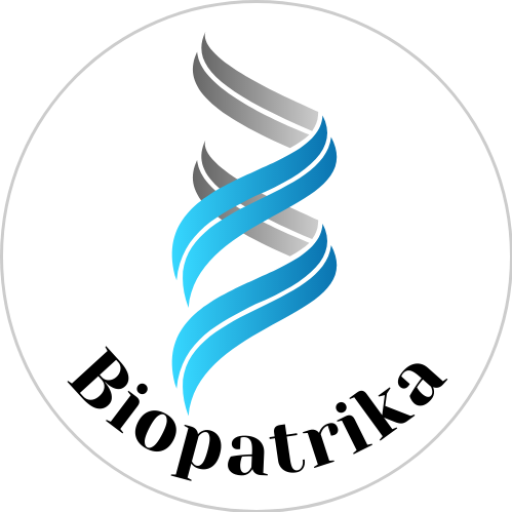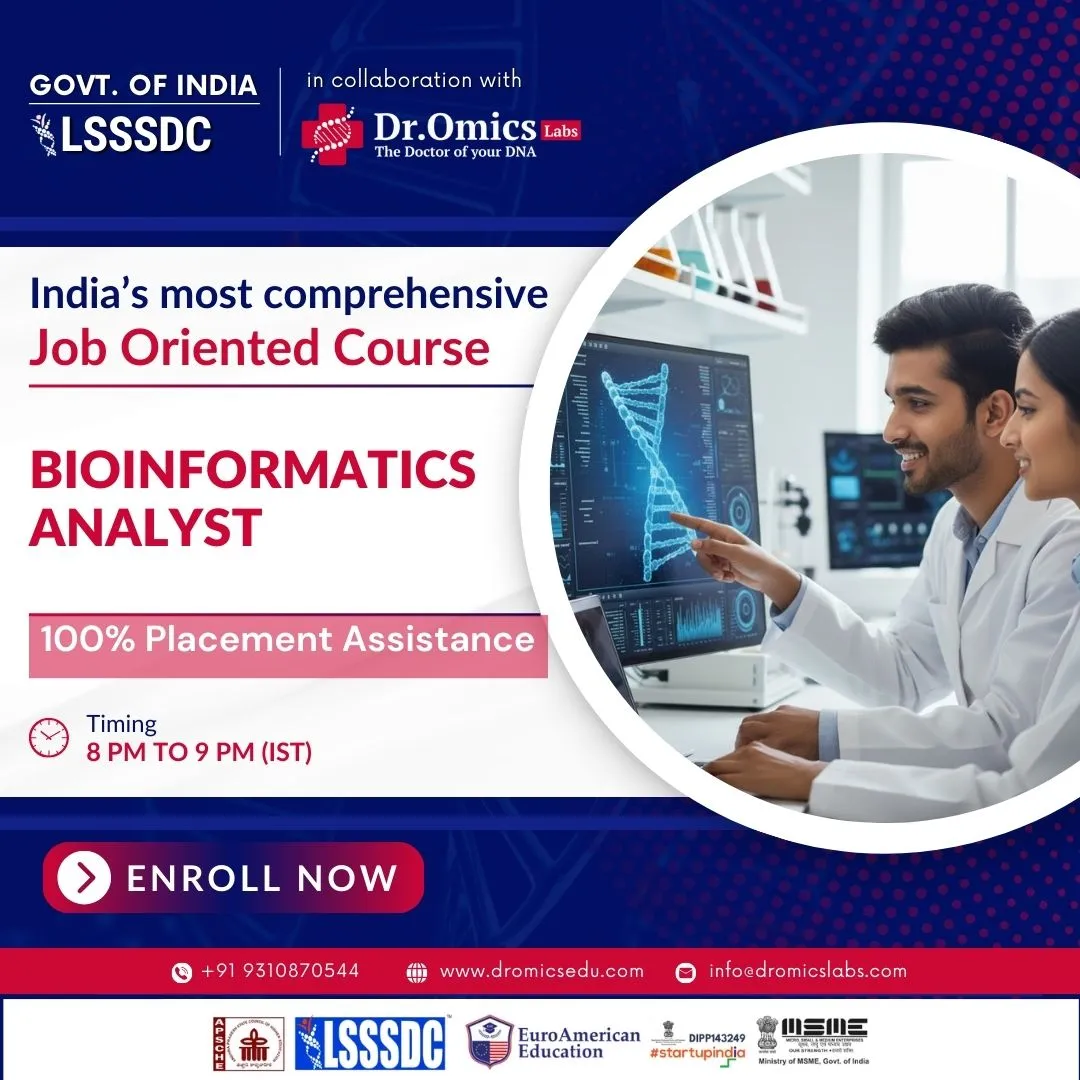Imagine a future where lost teeth can regrow naturally! A Japanese startup, Toregem Biopharma, has taken a groundbreaking step by launching human trials for the world’s first tooth regeneration drug, with plans to bring it to market by 2030.
🔬 How Does It Work?
This cutting-edge therapy targets the USAG-1 protein, which inhibits tooth growth. By inactivating this protein, dormant tooth buds can be reactivated, enabling natural tooth regrowth. The drug has already shown promising results in mice and ferrets without serious side effects, and now, the next step is human trials!
🦷 Who Can Benefit?
✅ Congenital tooth loss – People born without certain teeth due to genetic conditions
✅ Acquired tooth loss – Individuals who lost teeth due to decay or gum disease
✅ Future possibilities – A potential solution for anyone needing tooth replacement
💡 Why It Matters?
🌍 Over 43 million people in Japan alone lose at least one tooth annually due to aging, decay, or disease. This revolutionary treatment could eliminate the need for dentures, implants, or bridges—restoring teeth naturally with just a single antibody injection!
📅 What’s Next?
Toregem Biopharma, a Kyoto University spinoff, aims to bring this therapy to patients worldwide and revolutionize dental care forever. The dream of regrowing teeth is no longer science fiction—it’s becoming reality!
🔗 Learn More: Toregem BioPharma
🔗 Check the Latest Updates on BioPatrika
Explore more from our platform by visiting these dedicated sections:
- 📚 Awards, Fellowships & Grants – Discover current opportunities for students and researchers.
- 🏛️ Academia – Stay informed on academic trends, faculty positions, and educational insights.
- 🧬 Industry – Insights from the biotech industry including company news and professional transitions.
- 🚀 Startup – Learn how innovators and founders are transforming biotech in India and beyond.
- 💼 Jobs & Internships – The latest job openings and internship alerts across academia and industry.
- 🎤 Career Konnect – Real career stories and job profiles of life science professionals.




